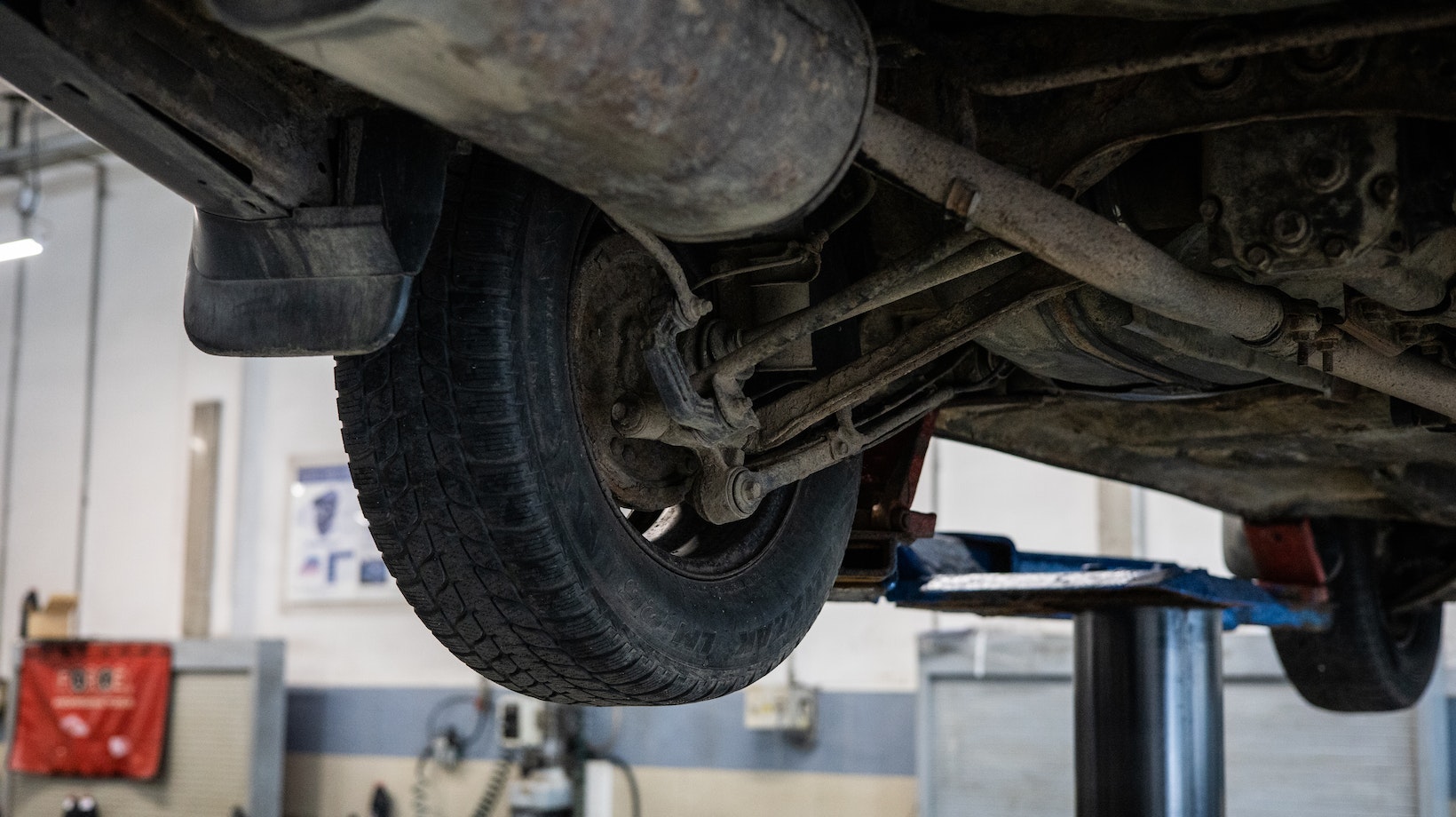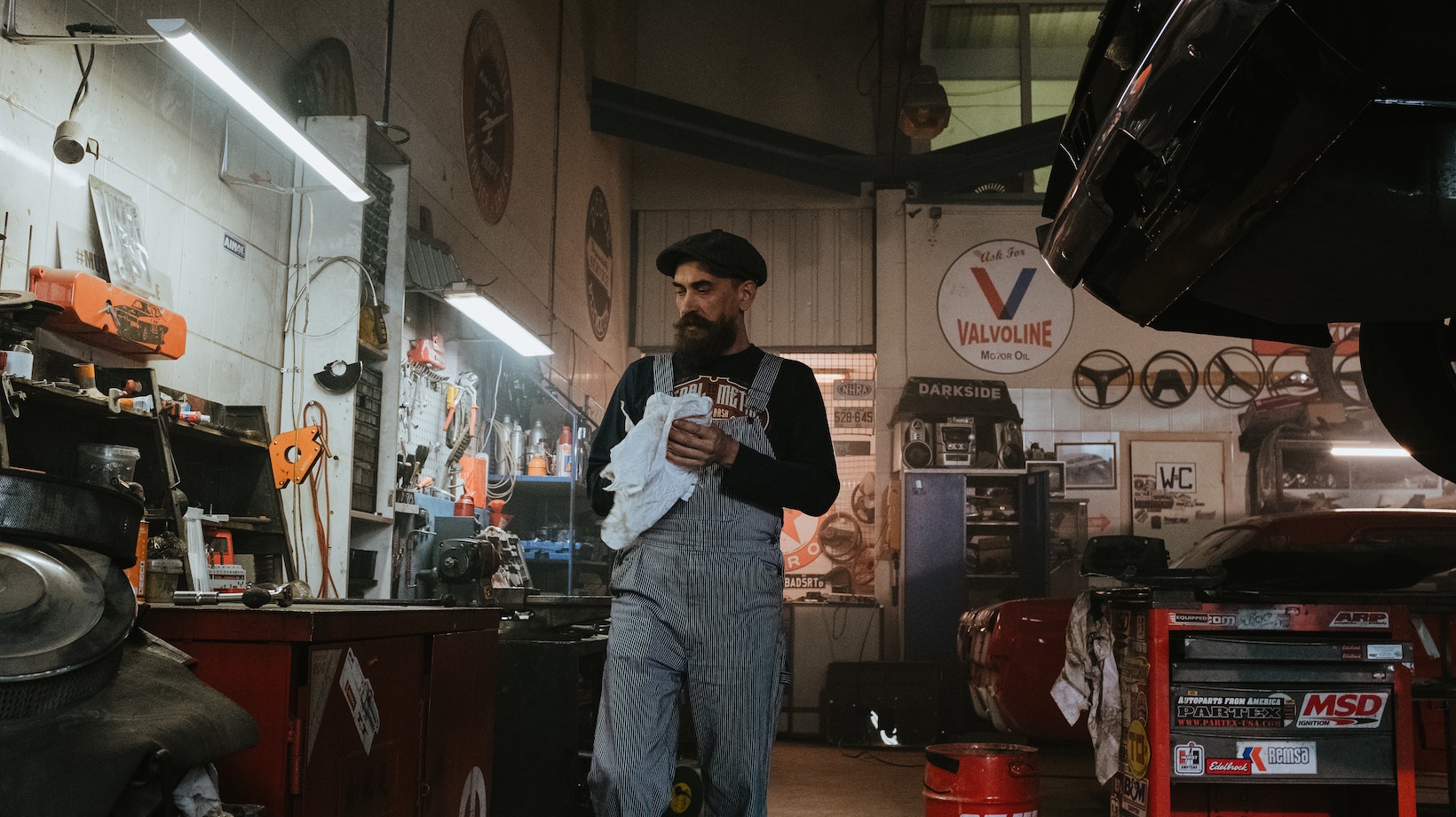Classic Car Auto Repair
When it comes to classic cars, regular maintenance is not just important; it’s absolutely crucial. These timeless beauties require special care and attention due to their unique characteristics. Unlike modern vehicles, classic cars often have older mechanical systems and components that demand meticulous upkeep.
Classic cars are known for their vintage charm and nostalgic appeal, but they also come with specific maintenance requirements. From carburetors to drum brakes, these older technologies require regular tuning, adjustments, and refurbishment to ensure optimal performance. Ignoring these needs can lead to deterioration in both the car’s functionality and overall value.
Preventing Common Issues With Regular Maintenance
One of the key reasons why regular maintenance is essential for classic cars is its ability to prevent common issues. By staying on top of routine inspections and servicing, owners can identify potential problems early on and address them before they escalate into major repairs.
For example, classic cars are prone to rust due to their age. Regular inspection allows owners to catch any signs of corrosion and take necessary steps like applying protective coatings or replacing affected parts promptly. Additionally, keeping a close eye on fluid levels, belts, hoses, and electrical systems can help detect leaks or wear-and-tear issues before they cause significant damage.

The Role Of Fluid Changes In Classic Car Maintenance
Fluid changes play a vital role in maintaining the health of classic cars. Over time, fluids such as engine oil, transmission fluid, brake fluid, coolant, and power steering fluid degrade or become contaminated. This can negatively impact the performance and longevity of various components.
Regularly changing fluids according to manufacturer recommendations helps maintain proper lubrication and cooling within the engine and other vital systems. Fresh fluids also aid in preserving seals and gaskets while preventing premature wear on internal parts.
By adhering to a consistent schedule for fluid changes based on mileage or time intervals (whichever comes first), classic car owners can ensure that their vehicles continue to run smoothly and perform at their best.
To summarize, regular maintenance is of utmost importance for classic cars. Understanding the unique needs of these vehicles, preventing common issues through timely inspections, and prioritizing fluid changes are all crucial aspects of keeping your prized classic car in top condition. By investing time and effort into proper maintenance, you’ll not only preserve the charm and value of your vintage automobile but also enjoy many more miles on the road with confidence. Keeping Your Classic Car Safe on the Road
When it comes to owning a classic car, one of the top priorities is ensuring its safety on the road. These timeless beauties require special care and attention to maintain their pristine condition. Here are some essential tips to help you keep your classic car safe and sound:
- Regular Maintenance: Just like any other vehicle, regular maintenance is crucial for classic cars too. Schedule routine inspections and servicing to identify any potential issues before they become major problems. This includes checking the brakes, tires, fluids, lights, and electrical systems.
- Choose a Reputable Mechanic: Finding a mechanic who specializes in classic car auto repair is vital. Look for someone with experience working on vintage vehicles and who understands their unique requirements. They will have the knowledge and expertise to handle any repairs or restorations your beloved classic car may need.
- Invest in Quality Parts: When it comes to replacement parts for your classic car, opt for high-quality options that match the original specifications. Genuine parts ensure proper functioning and compatibility with your vehicle’s systems, reducing the risk of malfunctions or accidents.
- Protect It from Environmental Hazards: Exposure to harsh weather conditions can damage your classic car’s exterior finish and interior components over time. Consider storing your vehicle in a climate-controlled garage when not in use or investing in a quality cover if outdoor parking is unavoidable.
- Drive Responsibly: While it’s tempting to show off your beautiful classic car on the open road, remember that these older vehicles may not possess the same safety features as modern ones. Practice defensive driving techniques, obey traffic laws, maintain a safe distance from other vehicles, and avoid excessive speeds.
- Stay Up-to-Date with Safety Regulations: Classic cars often have different safety standards compared to newer models due to advancements in technology over the years. Research and understand any relevant safety regulations specific to your make and model so you can ensure compliance and make any necessary upgrades.
Remember, owning a classic car is a labor of love, and keeping it safe on the road is crucial. By following these tips, you can enjoy your vintage beauty while ensuring its longevity and preserving its timeless appeal. Happy cruising!







































